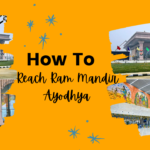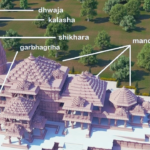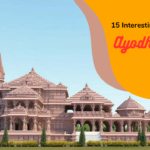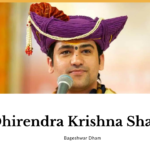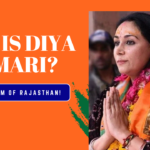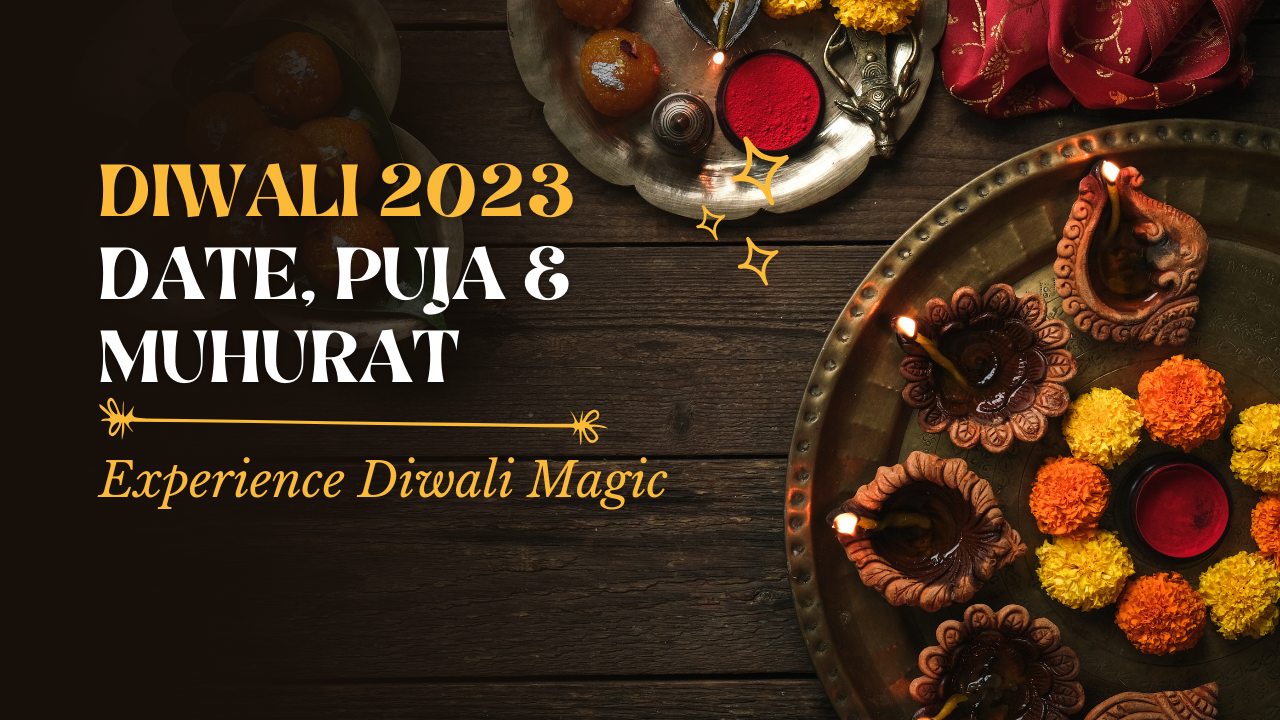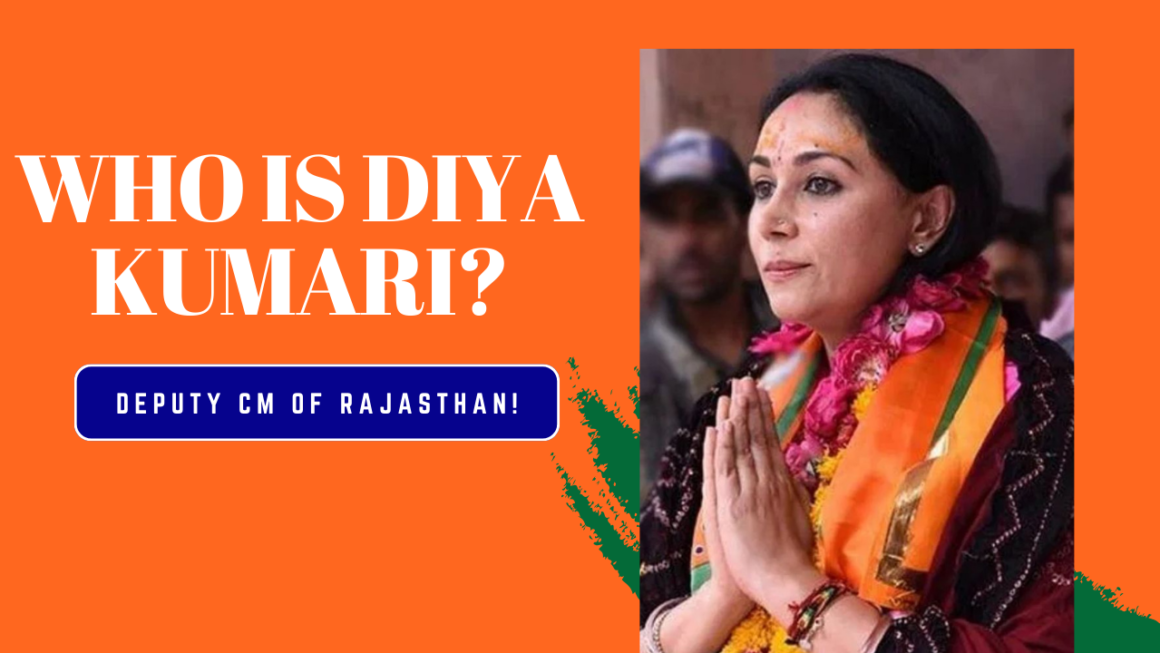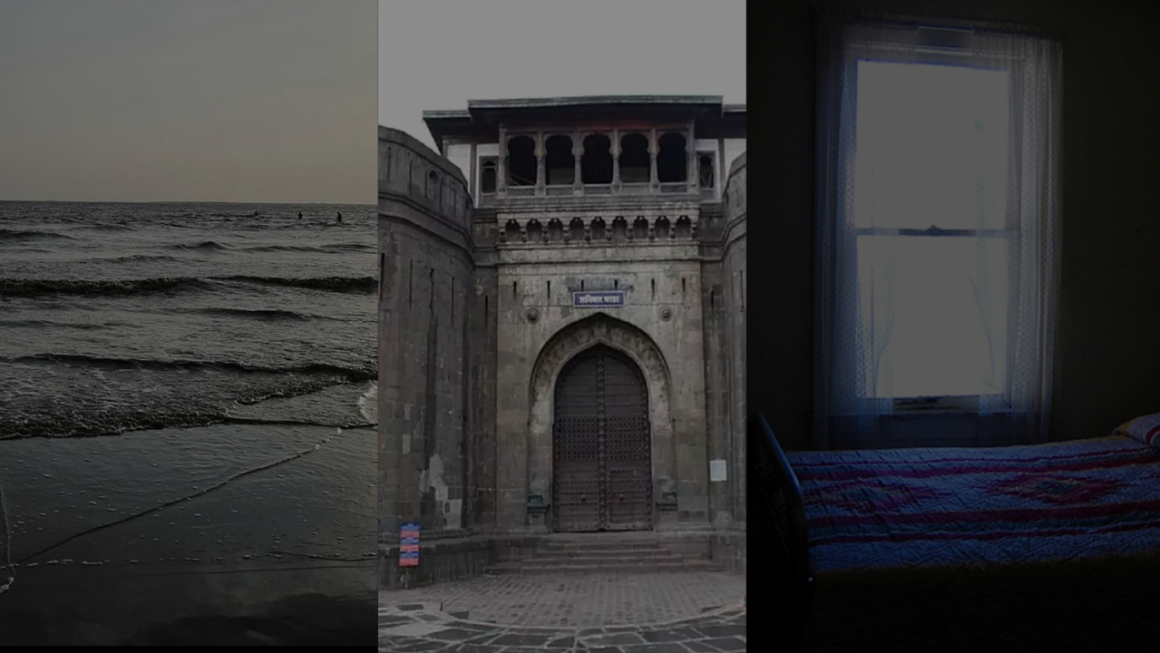Diwali 2023, also known as Deepawali, Divali, or Deepavali, is an annual celebration that typically falls in the months of October or November. Let’s delve into the significance of this five-day Hindu observance.
Diwali, often referred to as the “Festival of Lights,” is deeply rooted in socio-cultural traditions. Its name is derived from the Sanskrit words “dīpa,” which signifies “lamp, light, lantern, candle, that which glows, shines, illuminates or knowledge,” and “āvali,” meaning “a row, range, continuous line, series.” While it is connected to various religious events, deities, and personalities, it is most famously celebrated as the return of Lord Rama to his kingdom in Ayodhya after 14 years of exile. It is also closely associated with Lakshmi, the goddess of prosperity, and Ganesha, the god of wisdom and the remover of obstacles.
Diwali, the five-day festival that originated in the Indian subcontinent, goes by different names such as Jain Diwali, Bandi Chhor Diwas, Tihar, Sowanti, Sohrai, and Bandna in various countries and religions. However, its significance remains the same regardless of the name: the victory of light over darkness, good over evil, and knowledge over ignorance.
When is Diwali in 2023?
Diwali is a five-day celebration observed in the Hindu lunisolar months of Ashvin and Kartika, typically spanning from mid-October to mid-November. According to the ancient calendar, Diwali is celebrated annually on Amavasya, the fifteenth day of the month of Kartik. In 2023, this festival of lights will be observed on Sunday, November 12th.
Diwali 2023 Date and Muhrat
| Events | Dates & Muhurat |
| Diwali | 12 November 2023 |
| Laxmi Puja Muhurat | 04:21 PM to 06:02 PM |
| Amavasya Tithi Begins | 11:14 AM on Nov 12, 2023 |
| Amavasya Tithi Ends | 11:26 AM on Nov 13, 2023 |
Here’s a brief overview of the key days during the Diwali celebration
Dhanteras: In most regions of India, Dhanteras marks the beginning of Diwali and falls on the thirteenth day of the dark fortnight of Ashwin or Kartik. The name “Dhanteras” is derived from “Dhan,” which means wealth, and “teras,” which means thirteenth. This day also pays homage to Dhanvantari, the Ayurvedic deity associated with health and healing. It symbolizes rejuvenation, purification, and a prosperous start to the coming year.
Chhoti Diwali: The second day, Chhoti Diwali or Naraka Chaturdashi, falls on the fourteenth day of the dark fortnight of Ashwin or Kartik. This day commemorates Lord Krishna’s triumph over the demon Narakasura, who had kidnapped 16,000 princesses.
Diwali: The main celebration takes place on the final day of Ashwin’s or Kartik’s dark fortnight. Diwali is known as the “Festival of Lights” because it marks the illumination of Hindu, Jain, and Sikh temples and homes. It symbolizes the cleansing and purifying power of the monsoon rains.
Read Also: राम आरती
Govardhan Puja: The first day of Kartik’s bright fortnight, celebrated as Govardhan Puja, Annakut, Padwa, or Bali Pratipada, commemorates the story of Lord Krishna lifting the Govardhan mountain to protect the villages from Indra’s wrath.
Bhai Dooj: The last day of the celebration, Bhai Dooj, Bhau Beej, Bhai Tilak, or Bhai Phonta, is akin to Raksha Bandhan and honors the sibling bond. Some see it as Yama’s sister Yamuna welcoming him with a tilaka, while others associate it with Krishna’s return to Subhadra’s house after defeating Narakasura.
Diwali, the Festival of Lights, is a significant shopping season worldwide. During these five days, people adorn their homes with oil lamps and colourful rangoli designs, exchange gifts, wear new clothes, savor delicious sweets and festive meals, and light fireworks to signify the triumph of light over darkness. Families come together for religious rituals and prayers, seeking blessings for prosperity and well-being. Diwali is a time of joy, togetherness, and the victory of good over evil.
FAQs
FAQ1. What is the spiritual significance of Diwali?
Answer: Diwali holds profound spiritual significance as it symbolizes the victory of light over darkness, good over evil, and knowledge over ignorance. It signifies the triumph of righteousness and the inner light that dispels ignorance and negativity.
FAQ2. Why do we light lamps and candles during Diwali?
Answer: Lighting lamps and candles during Diwali represents the illumination of our inner selves. It signifies the removal of darkness from our hearts and minds, inviting positivity, knowledge, and spiritual awakening into our lives.
FAQ3. Who is the central deity associated with Diwali celebrations?
Answer: While Diwali is associated with various deities, Lord Rama is the central figure in many Diwali narratives. It celebrates his return to Ayodhya after defeating the demon king Ravana, exemplifying the victory of dharma (righteousness).
FAQ4. How does Diwali promote self-reflection and inner transformation?
Answer: Diwali encourages self-reflection and inner transformation by reminding us to let go of our inner darkness, such as anger, greed, and ignorance, and embrace qualities of love, compassion, and wisdom. It’s a time for personal growth and spiritual renewal.
FAQ5. What role do prayers and rituals play during Diwali?
Answer: Prayers and rituals during Diwali are a way to connect with the divine, seek blessings for prosperity and well-being, and express gratitude for the goodness in our lives. These acts of devotion help individuals deepen their spiritual connection and find inner peace.




